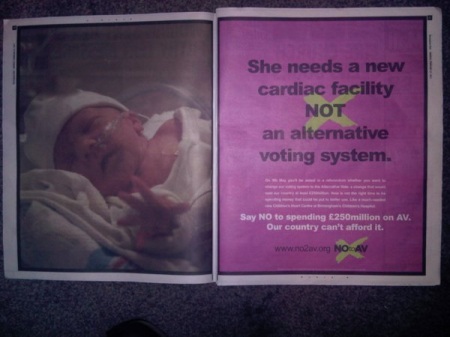More people die from suicide than road accidents and murder combined.
Hello everyone.
The government has just announced a £400 million pound drive to improve the mental health services in this country. They've also set the rather ambitious target of miraculously "curing" one million sufferers in the next 4 years. Mental health problems currently cost the economy £77 billion a year, with sufferers of such illnesses as depression, PND and anorexia dying 10 years earlier than the rest of the population.
The NHS is, I believe, the best thing about this country, the fact we have free health care, where abroad it could cost hundreds or thousands of pounds for when the worst comes to the worst, is incredible. But the state the mental health services have got itself into is appalling. GP's do not know whether to throw pills at patients or whether to send them off to a mental health practitioner. The current rule at the moment for people wanting to receive mental health help is that they have to first see the GP for them to
give the go-ahead for treatment. There is no way around it. Treatment for sufferers is being given out by people whose area of expertise is elsewhere. It's like asking a plasterer to fix a boiler. Thankfully, this rule is being scrapped, giving patients the right to contact specialists themselves, or effectively 'forcing' GP's to refer them to people who can help, with or without tablets.
The news that such a large amount has been given towards helping erase the stigma of mental illness in these tough times is fantastic news of course. But the pessimist in me, and by god, is he a a pessimistic pessimist, cannot help but feel that it's been heard before.
4 years ago I started Cognitive Behavioural Therapy for OCD, after waiting a year and a half on the waiting list. As a sixteen year old, not knowing what the hell this meant, I researched CBT, and found that the Labour government at the time was pushing a new drive, employing 10,000 Cognitive Behavioural Therapists to try and solve Britains depression epidemic. My next paragraphs words have been carefully chosen in line with what Labour had promised.
The main reason why Labour liked the idea of CBT was that it was quick (taking round about 12 sessions to be cured), cheap (£173 million promising to permanently cure half of people with depression) and simple.
Let's just focus on the claims, they promise that CBT will permanently cure half of people with depression. There is not a single scientific study that supported this claim. It's true, CBT does help whilst you're on it, the main thought behind CBT is that negative thoughts and feelings will ultimately lead to anxiety, panic attacks and further depression, hilariously obvious, I know. The therapists are merely people who maim you into feeling good, throwing compliments towards you, never saying you're feeling or looking bad. Naturally whilst you're on CBT you feel fantastic, your confidence is up. As soon as you feel confident to go out into the mean wild world on you're own without CBT, quickly and surely, you fall back into your old patterns. This was my experience of CBT. But unlike Labour, I can back it up with scientific evidence. A widespread Scottish study in 2005 found that only 18% of patients who had received therapy for anxiety disorders still had no symptoms two years after treatment.
That's a long way off the '
half permanently cured' promise we were given, they've got to increase that figure by 32%.
5 years on, and they haven't been listening. They're employing hundreds more Cognitive Behavioural Therapists, for a therapy that doesn't work. It's as bad as having no treatment and giving the depressed nothing but Prozac. With the proposed return to GP fundholding as promised in this latest £400 million package, I cannot see GP's shelling out on expensive therapy sessions and specialised therapists when a prescription is so cheap and easy. The first thing this money should go on is cutting down the waiting list where people in need of mental help have been waiting for years.
If someone developed cancer, would they have to wait years to seek specialised help? Of course not. Then why should someone with a serious psychological problem have to? The package being given is a double edged sword. We're thankful for being given it, but extremely worried it's going to be spent in all the wrong areas.
Thanks for reading.
Have a lovely day.
JC







